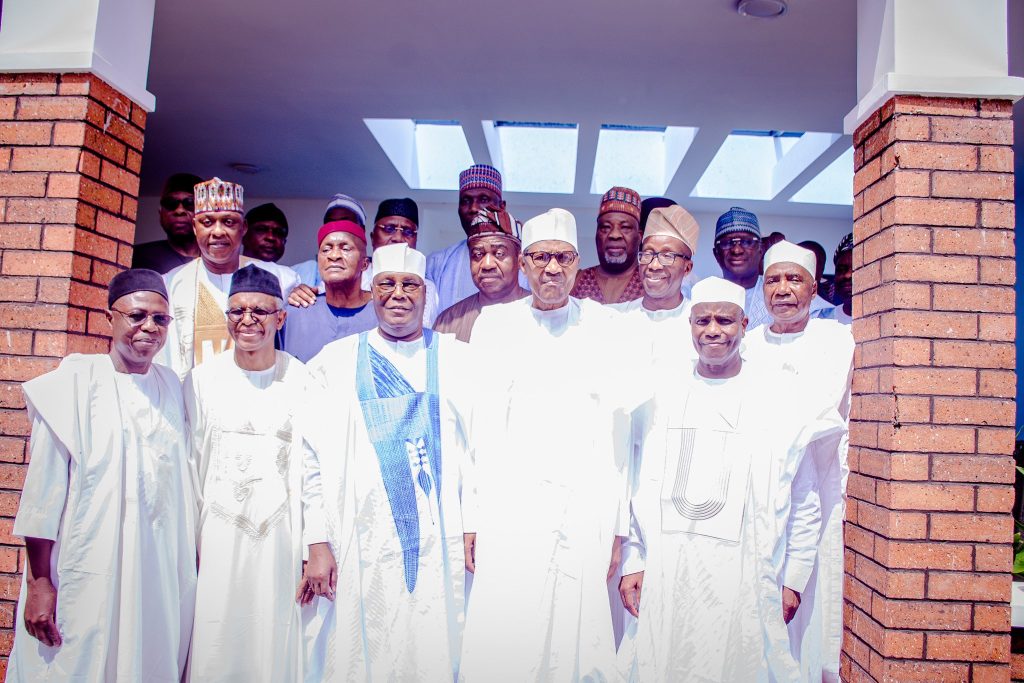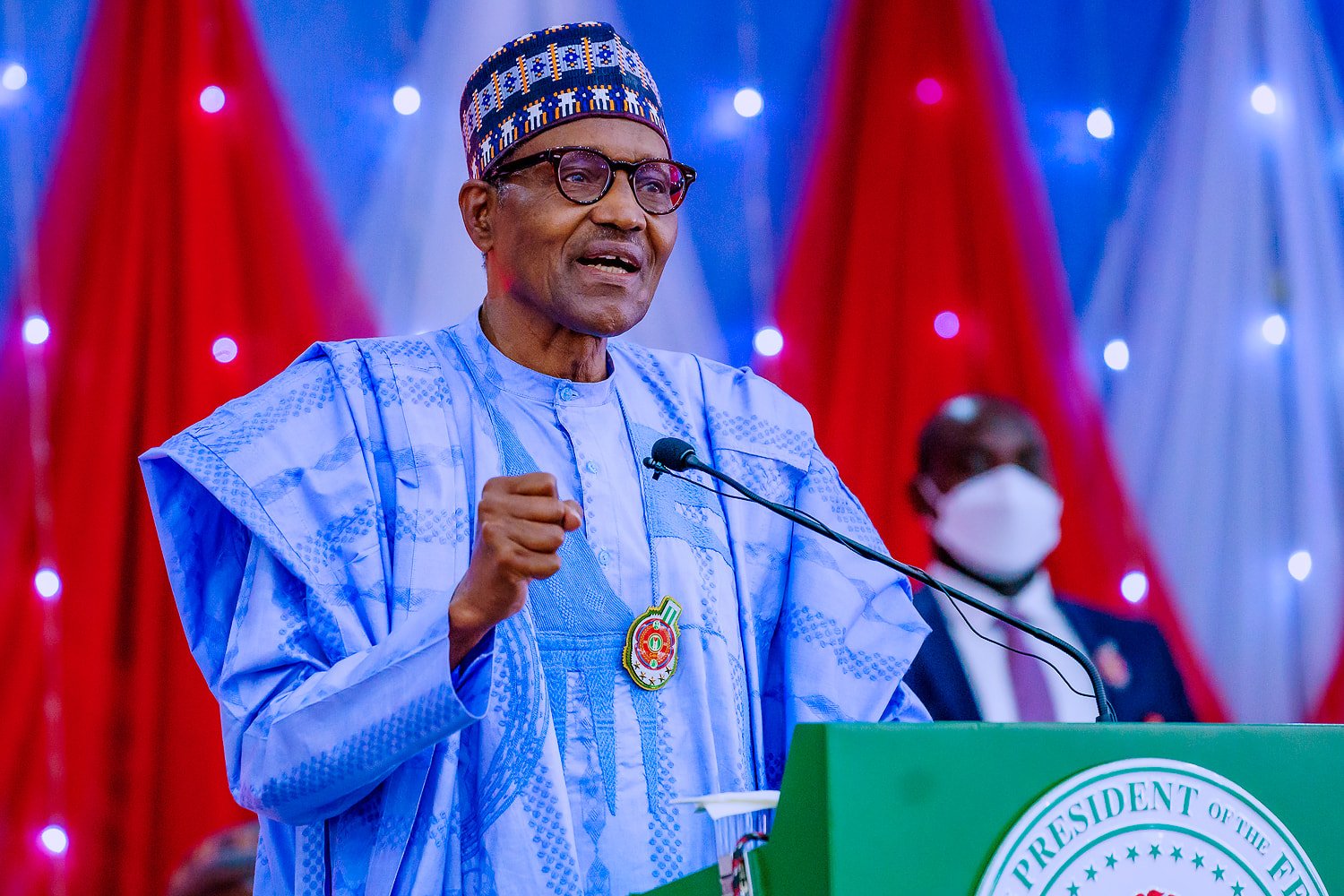When Muhammadu Buhari was sworn in as Nigeria’s president on May 29, 2015, it marked a historic political moment. For the first time since the country’s return to democracy in 1999, an incumbent president was defeated at the polls. Buhari arrived on a wave of public frustration with the Goodluck Jonathan administration and hope for ‘Change’ to a new era of security, anti-corruption, and economic progress, the three-pronged mantra his party, the All Progressives Congress, rode on to power.
Yet, as history often reminds us, few leaders inspire as much divided loyalty and polarised judgement as Muhammadu Buhari. While some Nigerians remember him as a reformer, patriot, and incorruptible disciplinarian, others view him as an ethnocentric autocrat, an aloof leader under whose watch Nigeria’s divisions deepened and opportunities were lost.
The Patriot’s Image: A Man of Integrity
To his admirers, Buhari was the embodiment of integrity in a political system notoriously soaked in patronage and corruption. His reputation as a no-nonsense military ruler from 1983 to 1985, when he clamped down on indiscipline and excesses, endeared him to many citizens exhausted by years of systemic rot. His supporters believed that his return to power in 2015 was Nigeria’s chance at moral and institutional redemption.
His administration took notable steps in infrastructure development, launching large-scale road, rail, and agricultural projects. The second Niger Bridge, Abuja-Kaduna rail, and improved airport terminals are often cited as tangible testaments to his governance. The Anchor Borrowers Programme also boosted local rice production and reduced imports.
On security, Buhari was initially praised for rolling back Boko Haram’s territorial control in the North-East, reclaiming towns and military outposts lost under his predecessor.
For many, especially in parts of Northern Nigeria, Buhari’s greatest appeal lay in his perceived personal austerity and lack of flamboyance. In a political culture where wealth and ostentation often define status, Buhari’s modest lifestyle won him moral capital among everyday Nigerians.
The Divisive Figure: Ethnocentrism and Aloof Governance
However, beyond the sheen of patriotism and integrity, a more contentious narrative emerged. Critics accused Buhari of deepening Nigeria’s longstanding fault lines. His appointments to key security, economic, and judicial positions were often seen as disproportionately favouring the North and his Fulani kinsmen. Despite being a national figure, Buhari frequently faced accusations of running an ethnocentric government.
His perceived indifference during moments of national crisis fuelled public disillusionment. The prolonged silence following major tragedies — from herdsmen killings in Benue to military abuses during the #EndSARS protests — left many Nigerians feeling abandoned. His administration’s heavy-handed response to dissent and activism rekindled memories of his military rule, when he jailed journalists and political opponents.
Many from Nigeria’s South and Middle Belt regions accused Buhari of tacitly enabling insecurity by failing to decisively confront banditry and communal violence in these areas, contrasting with his swift deployment of state power when government interests were threatened.
The Anti-Corruption Paradox
Buhari campaigned on a strong anti-corruption platform, and while his government secured some high-profile convictions and asset recoveries, many critics argued that the war against graft was selective and politically convenient. Opposition figures often faced aggressive prosecution while loyalists accused of wrongdoing enjoyed protection.
Some viewed this not as a moral crusade, but as an extension of political control; a tool to weaken adversaries and consolidate power rather than reform public institutions.

A Complicated Legacy
Following his death today, Buhari leaves behind a legacy as complex as Nigeria itself. To his loyalists, he was a misunderstood patriot who fought valiantly against the odds to save a country plagued by decades of poor leadership and entitlement. To his detractors, he was a missed opportunity; a leader who promised change but delivered division.
Perhaps the most accurate measure of Buhari’s impact is that, even after his exit, his name continues to evoke strong emotions in Nigerian public discourse. His era was neither an unqualified success nor a total failure, but a chapter marked by contradictions: reform and repression, infrastructure and insecurity, integrity and exclusion.
Muhammadu Buhari’s presidency will remain a lightning rod for debate, embodying the contradictions of Nigeria itself. To his admirers, he was a patriot who fought for a better Nigeria, laying the groundwork for long-term prosperity. To his critics, he was a divisive figure whose ethnocentrism and authoritarian tendencies deepened Nigeria’s wounds.
In reality, Buhari was neither a saint nor a villain but a leader whose vision, shaped by his background and beliefs, resonated deeply with some and alienated others. His legacy underscores a broader lesson: in a nation as diverse as Nigeria, leadership must bridge divides rather than widen them. Whether history will judge Buhari kindly or harshly depends on who tells the story, and which Nigeria they represent.


 Trending
Trending 